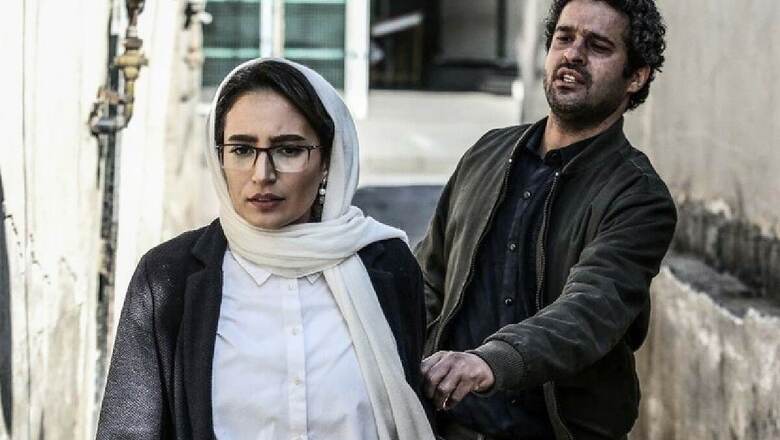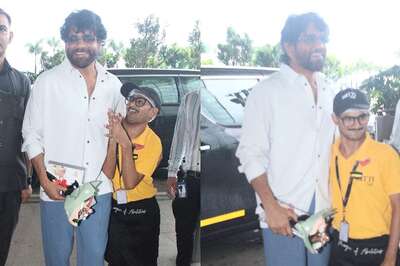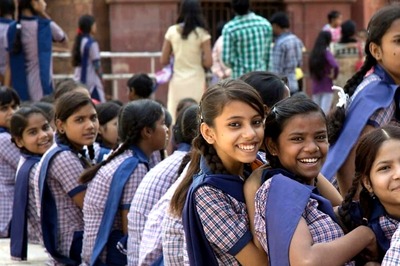
views
No Choice (Majboorim)
Director: Reza Dormishian
Cast: Fatemeh Motamed-Arya, Negar Javaherian, Pardis Ahmadiyeh, Mojtaba Pirzadeh, Parsa Piroozfar.
Much like most Iranian movies, Reza Dormishian’s No Choice (Majboorim) uses minimalism to tell us a socially relevant story that is as distressing as it is elevating. Premiering at the ongoing Tokyo International Film Festival, the work gripped me with its powerful imagery, no-nonsense script and brilliant performances. With a mostly female cast, the movie could have been a little shorter than 108 minutes. But never mind, it presents a socio-legal thriller without exaggerated frills and mannerisms, and what a contrast this is to the kind of courtroom dramas or social narratives we have seen in Indian films.
An auteur with the most original of ideas, Dormishian tackles hugely disturbing happenings in Iran – the miserable condition of the homeless, who do not have an inkling of even what their basic rights are, the illegal trade in surrogacy and the misdeeds in the medical fraternity that go under the guise of community welfare.
Golbahar (Pardis Ahmadiyeh) is a pretty teenager who lives on the streets of Tehran and is recklessly used as a baby-producing machine by a pimp, Mojtaba ( Mojtaba Pirzadeh). When she meets with an accident, has a miscarriage and has her fallopian tubes tied up during the procedure at the hospital without her consent, all hell breaks loose. This discovery is made when she and Mojtaba begin wondering why she does not conceive after having sex with a rich man, whose wife cannot give him children.
Social-activist lawyer Sara Nedayi (Negar Javaherian) is tough behind her pleasing face, and brooks no nonsense. She defends Golbahar, taking on the powerful medical system and respected gynaecologist, Dr Pandar (Fatemeh Motamed-Arya), who is accused of harming the teenager. As much as Sara is dedicated to supporting the needy (she takes up Golbahar’s case pro bono), the doctor is known to be equally conscientious, helping those who do not have the resources to fund their treatment.
Writer-director Dormishian lets us peek into lives of the three women. While Dr Pandar’s loneliness (her family is away in the US) is conveyed through her salad dinners, Sara is emotionally close to her father and professionally to men like Dr Saadat (Parsa Piroozfar). Golbahar is hopelessly in love with Mojtaba, who is but a heartless brute, and we would see this in a tragic scene at the end.
Dormishian’s celluloid canvas resembles a pendulum that swings between what is perceived as right and what is perceived as wrong – and which may yet be right. He leaves us straddled with a dilemma; we find it difficult to take sides. Dr Pandar seems as righteous as Sara.
Performances are top class with each woman expressing feelings of anger and guilt in a nuanced manner. DOP Aieen Irani’s camerawork keeps up the pace of a thriller, and we are completely in the dark about what the final outcome will be. And when it arrives, we are left shattered and sad.
Rating: 4/5
(The author has covered the Tokyo International Film Festival for several years)
Read all the Latest News, Breaking News and Coronavirus News here




















Comments
0 comment